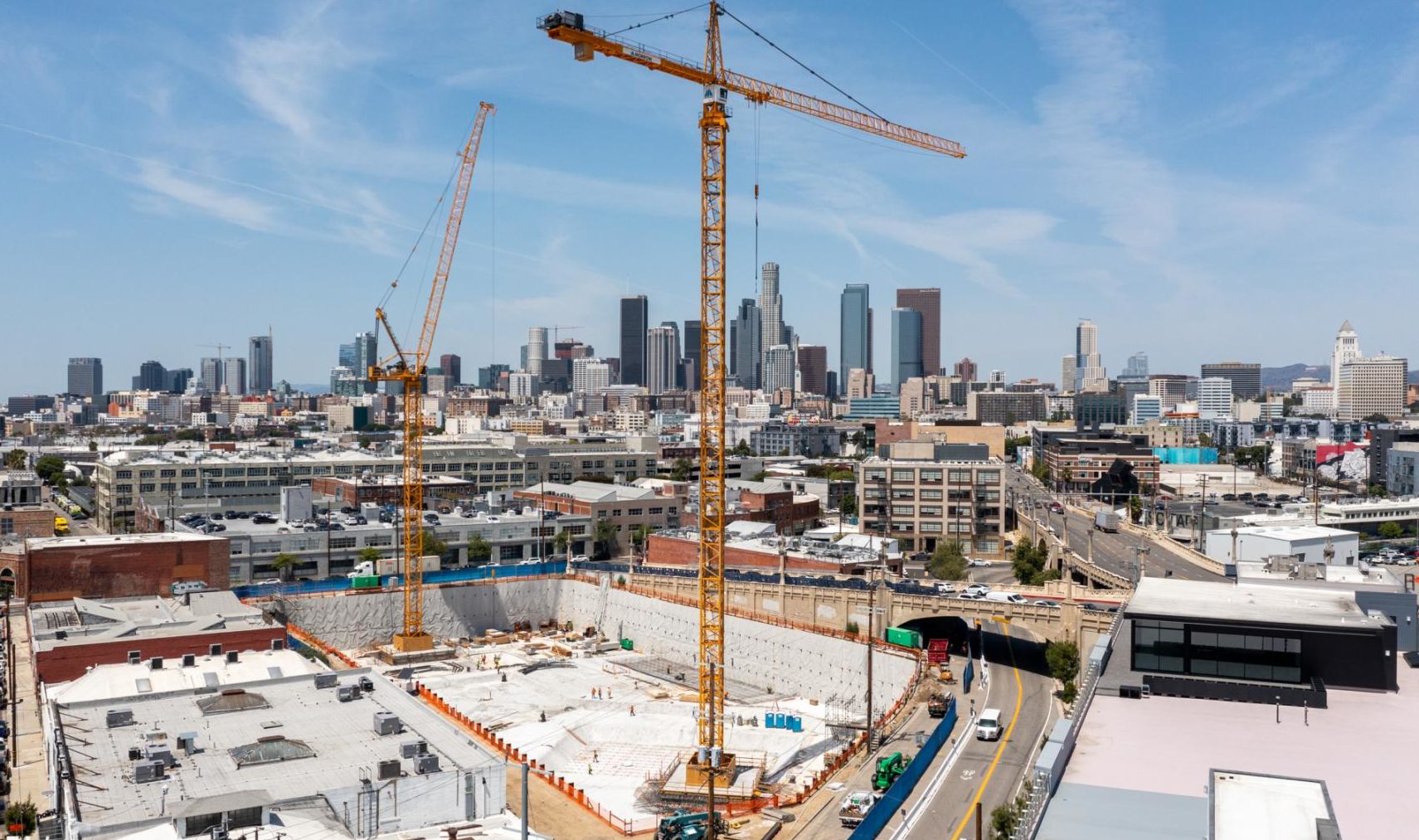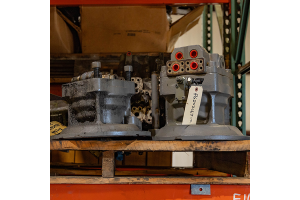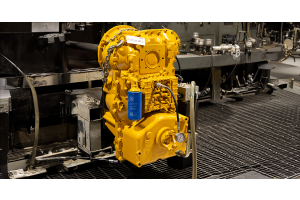
The city of Los Angeles has lost more businesses over the past two years than any other large city in the country.
City leaders blame the pandemic and recession for the business loss, while others will point to politics. Either way, the loss of small businesses is significant with an estimated 150,000 businesses shutting down.
Now, plans are being implemented to help small businesses survive in L.A. including the Regional Development and Bonding Program or (CDABP)
The aim is to help minority businesses compete for public contracts crucial to infrastructure development.
The CDABP will provide bonding assistance, contract financing, technical support, education, training and other services to underrepresented businesses.
“This program, and I would say other efforts that are really designed to address the systemic barriers of access, are what’s needed,” MWIS CEO Ingrid Merriwether toldDT News.
“They’ve been needed for some time, but they’re really needed when trying to recover from the impact of the pandemic. When we have those levels of crises or recessions, it always has a disproportionate impact on small business, on minority business and in diverse communities.
“The overall purpose and mission of the program is to make sure that access to contract opportunities, mostly in the public construction arena, are available to small and diverse firms because there are a lot of systemic and institutional impediments that have historically impeded their participation in public construction.”
The CDABP program helps contractors of certain demographics access billions of dollars in infrastructure work, a sector that will soon expand even more with the signing of the $1.2 trillion federal infrastructure investment plan late last year.
Because contractors often don't get paid for their work for months, the program helps small business owners capital until they get paid.
“In essence, you’re funding the public agency’s work out of your own resources until you start to receive these progress payment reimbursements, which are always in arrears,” Merriwether said. “They’re always lagging 60 days, so that means you need working capital and that becomes the other kind of systemic barrier: access to capital.
“That was another area we felt we could tackle because we’ve had such success in the loss ratio of our program. To get these contractors able to qualify for bonding, in many instances the agency actually puts up collateral support. They’re called bond guarantees with the bonding company. That’s an inducement for the bonding company to write a bond that they might not otherwise write because it doesn’t meet their requirements.”
MWIS has fronted $52 million for this type of bond guarantee support, and in the 25 years they’ve done this, they say they've only had two contractors fail to complete their contracts.









